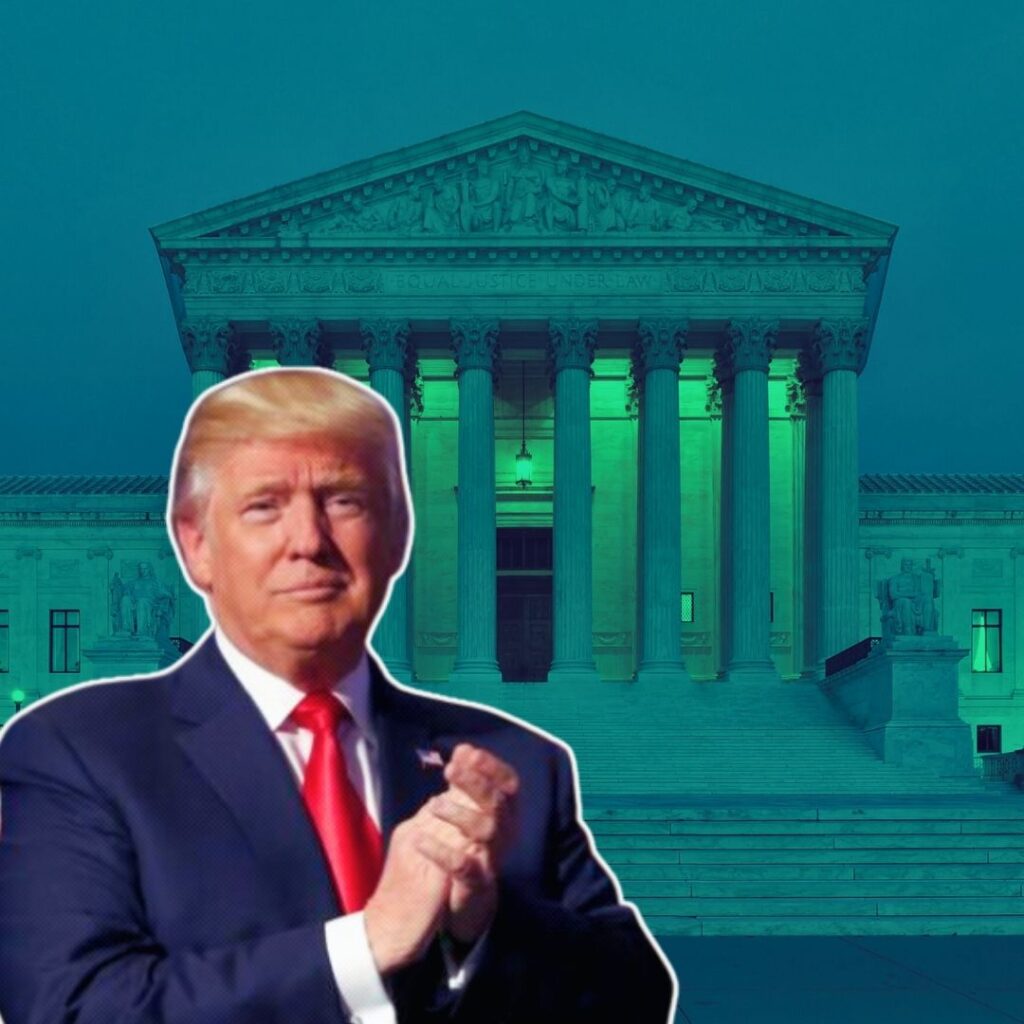With the Financial Resolution and Deposit Insurance Bill (FRDI), 2017 on the verge of becoming a reality, the government is planning to tweak a few rules on the “bail-in” clause of the bill to please both the opposition and the citizens. But, how safe is our money in banks is something that needs a lot more attention and research.
What is the bail-in clause?
Bail-in is the opposite of bail-out. Instead of external agencies, typically governments using taxpayers’ money, rescuing a financial institution in case of bankruptcy, creditors and depositors take a loss on their holdings. The bail-in clause of the FRDI bill allows banks to covert deposit money into long-term securities.
What are the amendments?
The first amendment to be introduced is that of the insurance cover. The bill replaces the Deposit Insurance and Credit Guarantee Corporation (DICGC) and increases the current deposit insurance of Rs 1 lakh to Rs 5 lakh. This means that in case of bankruptcy, the depositors’ money will be used to revive the entity after they are given back Rs 5 lakh. The government says that deposit money shall be used in “rare case” of a bank failure and in “rarest of rare case” to introduce “bail-in”.
This sounds like a good thing. But it’s not.
One might think that more of our deposited money will now be secure in banks but this isn’t true. The Rs 1 lakh insurance cover was set in 1993 and hasn’t been updated since. Twenty-five years ago, 90% of bank accounts had Rs 1 lakh or less hence, most of the depositors’ money was insured. But as of March 2016, the number of bank accounts with Rs 1 lakh or less has fallen to 67%; 97% of the deposit accounts had Rs 15 lakh or less – amounting to 45% of the total deposits by value in the banking system. An analysis by The Economic Times shows that if we were to adjust the insurance amount to inflation since ’93, the threshold should go up to at least Rs 15 lakh.
RBI data shows that as of March 2017, only 30% of the outstanding deposits by value (an outstanding deposit is a deposit that has been made in the bank but not yet recorded it), totalling to about Rs 30 lakh crore was insured.
Another amendment says that the account with more than Rs 5 lakh will be automatically treated as “long-term” bonds. The government promises to pay the money back but the time has not been specified yet. So, imagine there is an emergency and a person wishes to withdraw her own money, she cannot as her money is stuck in “long-term” bonds.
Even though experts and depositors are clearly not happy about the particular “bail-in” clause, the Finance Minister repeatedly has assured that the bill protects the depositors.
Certain misgivings have been expressed in the media, especially social media, regarding the depositor protection in the context of “bail-in” provisions of the FRDI Bill. These misgivings are entirely misplaced.
— Ministry of Finance (@FinMinIndia) January 2, 2018
Background
The government has given the bail-in powers to a proposed rescuing body in the bill called the Resolution Corporation (RC).
Under Section 52 of the FRDI Bill, the powers of the RC are so extensive that it can cancel a liability of a bank — which means that it can declare the bank doesn’t owe you any money though you have deposited your hard earned money with it. Under the same section, it can modify or change the form of liability — if you have deposited say Rs 10 lakh for 5 years intending to use the money for your child’s graduation or marriage, the Corporation can convert it into a locked-in deposit of 20-year tenure without your consent. The Bill also has a provision that allows the RC to exempt the failing bank for fulfilling its obligations under a contract or an agreement.
The bail-in provision was used in Cyprus in 2013. As a result, the uninsured depositors (those with deposits larger than €100,000) in the Bank of Cyprus lost almost half of their deposits. In return they received stocks in the bank, however, the value of these stocks was nowhere near most depositor’s losses. Uninsured depositors in Laiki, the nation’s second-largest bank, lost everything as the bank failed.
Also Read:
Banks Can Wipe Out Your Money











